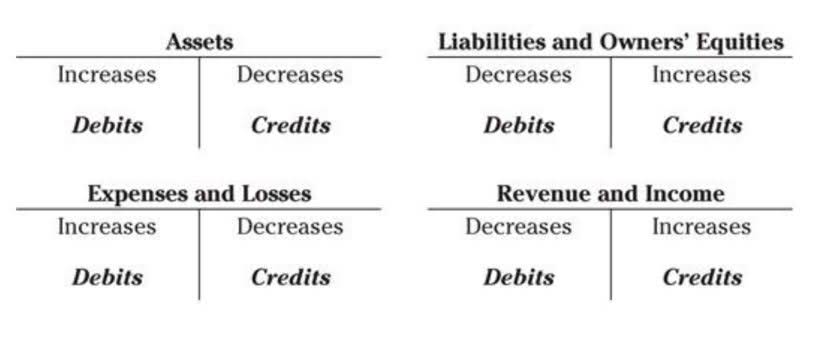
When outsourcing bookkeeping work, it is crucial to implement additional security measures to protect sensitive financial information. Start by conducting a thorough internal security audit to identify vulnerabilities within your current systems. This proactive approach will help you understand where improvements are needed and ensure that your data remains secure. Ultimately, the decision between outsourcing specific tasks or the entire function depends on the organization’s size, complexity, and financial goals. Evaluating the unique circumstances of the business is crucial in making this decision.
Consider discussing key performance indicators (KPIs) to measure the outsourced service’s effectiveness. Bookkeeping is the essential process of recording your business’s financial transactions. Think of it as the foundation of your financial house—without accurate Bookkeeping for Any Business Industry records, everything else crumbles. It’s more than just data entry; it’s about creating a clear picture of your company’s financial health. It empowers companies to maintain accurate financial records, reduce internal stress, and focus on achieving their business goals.

When outsourcing bookkeeping work, it’s crucial to establish clear performance metrics to evaluate the effectiveness of your outsourced bookkeepers. These metrics can include accuracy in financial reporting, timeliness of deliverables, and responsiveness to inquiries. Regular assessments against these criteria help ensure that the service provider meets your business’s needs. Outsourcing accounting and bookkeeping services can significantly enhance efficiency and https://www.bookstime.com/blog/how-to-meet-your-bookkeeping-needs reduce costs for businesses. There are a number of benefits that businesses can realize from partnering with an outsourced accounting services firm.

The cost of the inventory majorly affects the overall profitability of the retail and wholesale store. Many businesses hold the belief that they can’t afford a bookkeeper and find themselves neglecting the bookkeeping function completely. The sectors most known to outsource bookkeeping include the technology, manufacturing, healthcare, retail, and insurance industries. That’s why, according to Business Research Insights, more than 40% of manufacturing companies now choose to outsource their accounting departments. It reduces the risks of an inexperienced accountant because you have a skilled staff of accountants focused solely on performing your financial procedures smoothly. These experts know how to integrate digital bookkeeping software into your infrastructure to eliminate the risk of human error.

It excels in accounts receivable features, making it easy to create and send professional invoices, track payments, and manage client relationships. It also offers time tracking, project management, and expense tracking capabilities, making it a versatile tool for businesses of all sizes. Outsourcing your bookkeeping and accounting needs isn’t a “set it and forget it” task. Ongoing management ensures you get the most out of the relationship and stay on top of your financial health. These can be red flags that signal the need for professional bookkeepers support. A qualified bookkeeper can identify and rectify errors, ensuring your financial records are accurate and compliant.

A partner with a proven track record in bookkeeping and a deep understanding of your specific industry can significantly enhance the quality of service you receive. Finally, outsourcing bookkeeping frees up valuable time for business owners and managers. By retained earnings delegating financial tasks to professionals, you can focus on strategic decision-making and other essential aspects of your business, ultimately leading to improved productivity and growth. Today, many outsourced accounting providers are purpose-built for the needs of private businesses, from closely-held family businesses to well-established mid-market firms.
Recent Comments